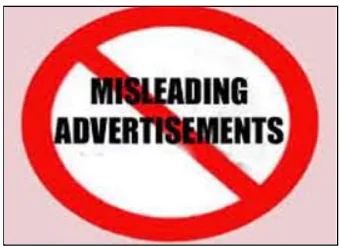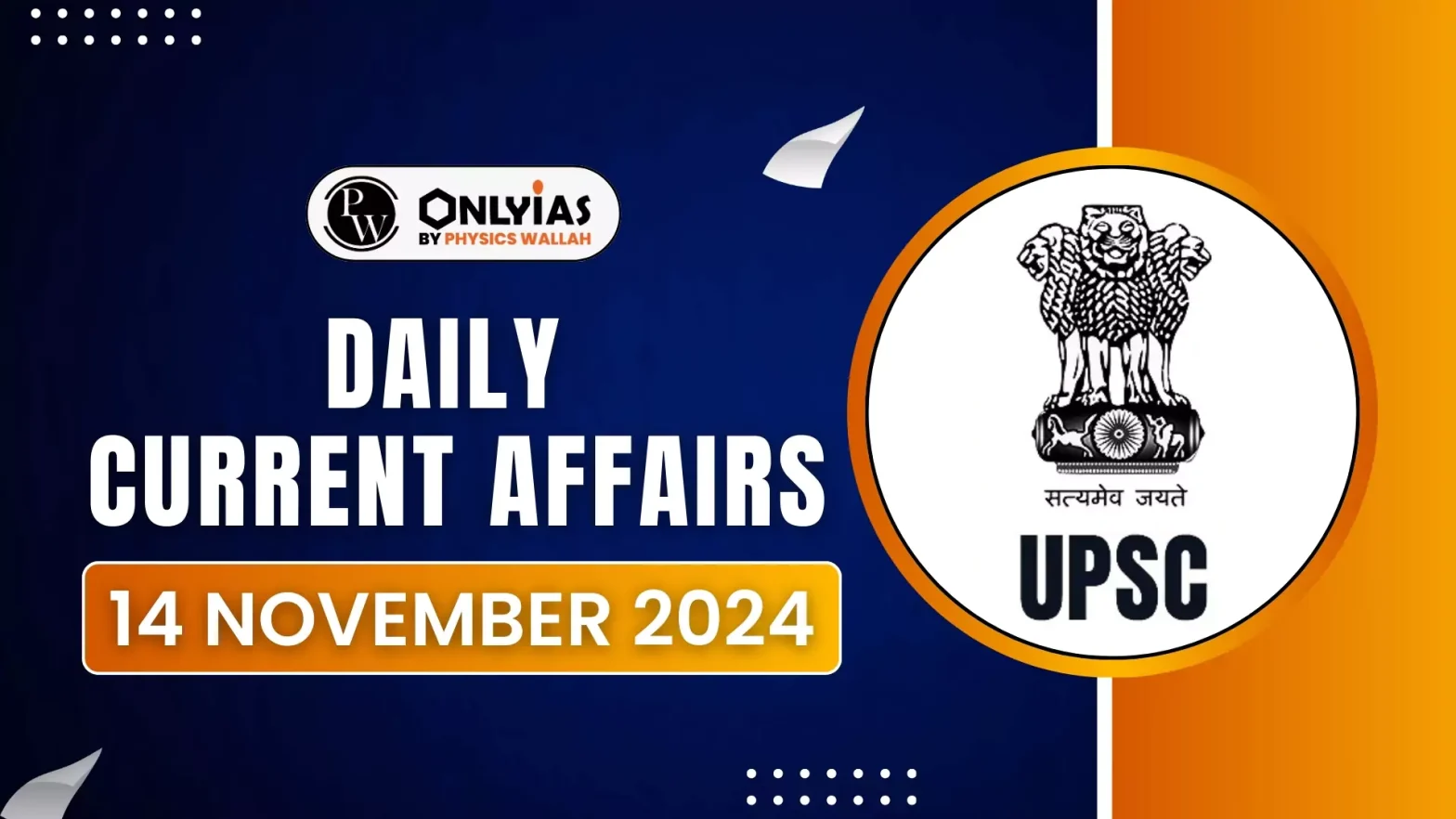The Centre has released new guidelines on November 12, 2024.
About CCPA
- The Central Consumer Protection Authority (CCPA) is a regulatory body.
- This body can investigate, refund, recall, and impose penalties.
- Established: Under the Consumer Protection Act, 2019.
- Objective: It aims to protect consumer rights and ensure fair trade practices.
|
Overview of the CCPA guidelines
- Issued by: Central Consumer Protection Authority (CCPA)
- Purpose: To prevent misleading claims by coaching centres, following complaints on the National Consumer Helpline
- Penalties so far: CCPA has issued 54 notices and imposed fines totaling Rs 54.60 lakh
Key Highlights of the CCPA Guidelines
- Prohibition of False Claims:
- False Selection and Job Guarantees: Institutes are barred from making false claims about:
- Course offerings and durations
- Faculty credentials
- Fee structure and refund policies
- Selection rates and exam rankings
- Guaranteed job security or salary increases
- Course Information: Misleading claims on course duration, faculty qualifications, fee structures, and refund policies are prohibited.
- Definition of Coaching:
- ‘Coaching’ includes academic support, education, guidance, study programs, and tuition.
- Advertising Standards:
- Covers all forms of advertising for academic support, guidance, and tuition.
- Excludes non-academic activities like sports and creative pursuits.
- Government’s Stance
- Consumer Rights: Quality of advertisements should not undermine consumer rights.
- Use of Success Testimonials:
- Consent Required: Institutes must obtain written consent from successful candidates before using their names, photos, or testimonials.
- Transparency: Must clearly display disclaimers and provide complete information on course offerings.
- Accurate Representation:
- Coaching centres must accurately present their resources, facilities, and course recognition, ensuring courses meet approval standards (e.g., AICTE, UGC).
- Compliance Requirements
- Course Recognition: Courses must be duly recognized and approved by a competent authority like AICTE, UGC, etc.
- Penalties: Violations will attract penalties under the Consumer Protection Act.
Enroll now for UPSC Online Course
What Are Misleading Advertisements?

- Misleading advertisements use incorrect or unclear information to deceive consumers.
- They may lead people to buy products or services based on false or exaggerated claims.
- These ads are considered unethical and often illegal because they violate consumer trust.
- Key Features of Misleading Ads
- False Claims: Statements that are simply untrue, like “100% success guaranteed” or “best product in the world.”
- Exaggerated Benefits: Overstating the positive effects, such as a health product claiming it can cure diseases without evidence.
- Missing Important Information: Leaving out essential details that could change a buyer’s decision, like hidden costs or limits on “free” offers.
- Manipulated Testimonials: Using fake or selectively edited reviews that don’t reflect real customer experiences.
- Fake Certifications: Displaying approval from recognized authorities that is either false or misleading.
- Hidden Terms: Concealing conditions that might affect a consumer’s understanding, like eligibility criteria or time limits for special offers.
![]() 14 Nov 2024
14 Nov 2024

